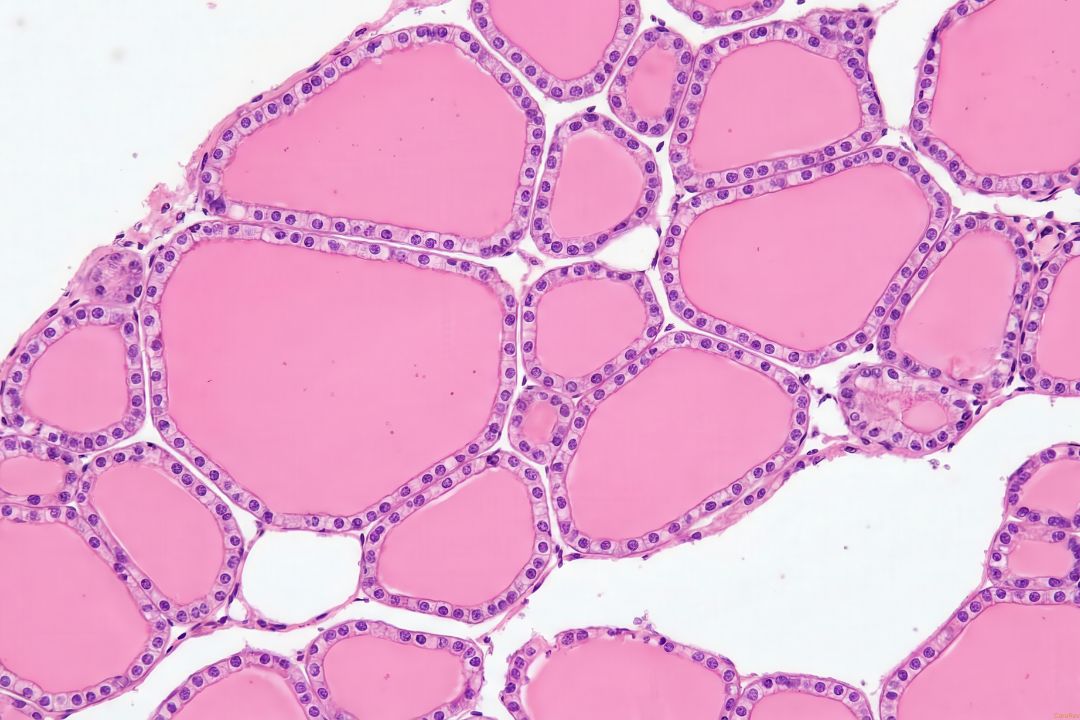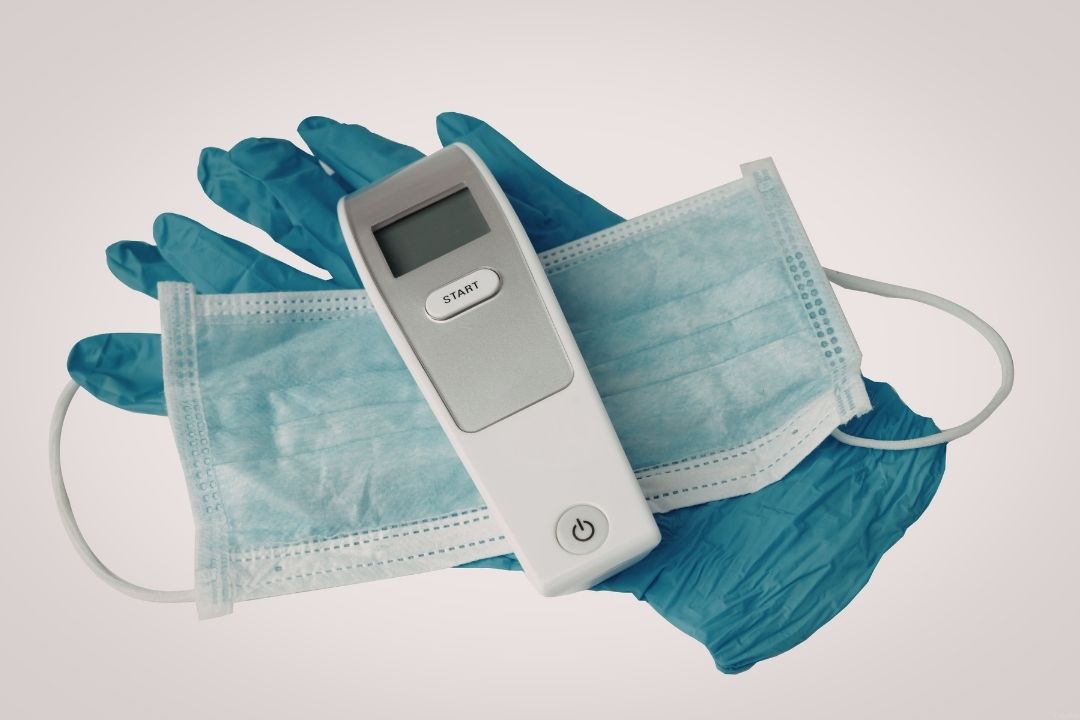
The role of a labor and delivery nurse is both rewarding and challenging. These dedicated healthcare professionals assist expectant mothers during one of the most critical and emotional moments of their lives. To excel in this specialized field, many nurses choose to pursue Labor and Delivery Nurse Certification. In this blog, we'll explore the importance of this certification, how to obtain it, and the myriad benefits it offers registered nurses and other healthcare professionals.
What is Labor and Delivery Nurse Certification?
Labor and Delivery Nurse Certification is a specialized credential that validates a nurse's expertise in providing care to women during pregnancy, childbirth, and the postpartum period. This certification demonstrates a nurse's commitment to excellence in maternal and newborn care.
How to get a Labor and Delivery Nurse Certification:
1. Educational requirements
To begin your journey toward Labor and Delivery Nurse Certification, you must first become a registered nurse (RN). This typically involves completing an accredited nursing program and passing the NCLEX-RN exam.
2. Gain experience
Most certification bodies require candidates to have a certain amount of experience in labor and delivery nursing. This often ranges from one to two years of full-time or equivalent part-time experience.
3. Choose a certification body
Several organizations offer Labor and Delivery Nurse Certification, including the National Certification Corporation (NCC) and the American Nurses Credentialing Center (ANCC). Research each organization's requirements and choose the one that aligns with your career goals.
4. Prepare for the exam
Certification exams typically cover a range of topics, including prenatal care, labor and birth processes, and postpartum care. Many nurses choose to enroll in review courses or purchase study materials to help them prepare effectively.
5. Take the exam
Schedule and take the certification exam once you feel adequately prepared. These exams are often computer-based and consist of multiple-choice questions. Successful completion earns you the Labor and Delivery Nurse Certification.
Benefits of a Labor and Delivery Nurse Certification:
Enhanced knowledge and skills:
Certification programs provide specialized training, ensuring that nurses have in-depth knowledge of the unique aspects of labor and delivery care. This knowledge translates to improved patient care and outcomes.
Professional recognition:
Achieving certification in labor and delivery nursing is a noteworthy accomplishment. It signifies your dedication to excellence in the field and can boost your professional reputation.
Career advancement:
Certified labor and delivery nurses often have a competitive edge when seeking job opportunities or promotions. Many healthcare facilities prefer or require certification for their labor and delivery nursing staff.
Increased earning potential:
Certified nurses may earn higher salaries than their non-certified counterparts. Certification can open doors to higher-paying positions and career advancement opportunities.
Improved patient care:
Labor and delivery nurses play a vital role in ensuring the safety and well-being of both mothers and newborns. Certification equips nurses with the skills needed to provide the best possible care during this critical time.
Is Labor and Delivery Nurse Certification right for you?
Becoming a certified L&D Nurse is a significant achievement in your nursing career. It not only demonstrates your commitment to excellence but also opens up numerous professional opportunities. By obtaining this certification, you can enhance your knowledge, advance your career, and make a positive impact on the lives of expectant mothers and their newborns. So, if you aspire to specialize in labor and delivery nursing, consider taking the rewarding journey toward Labor and Delivery Nurse Certification.
Looking to explore more nursing certification options? Check out our Nursing Certifications blog to learn about some of the most popular certifications in the nursing field today.





